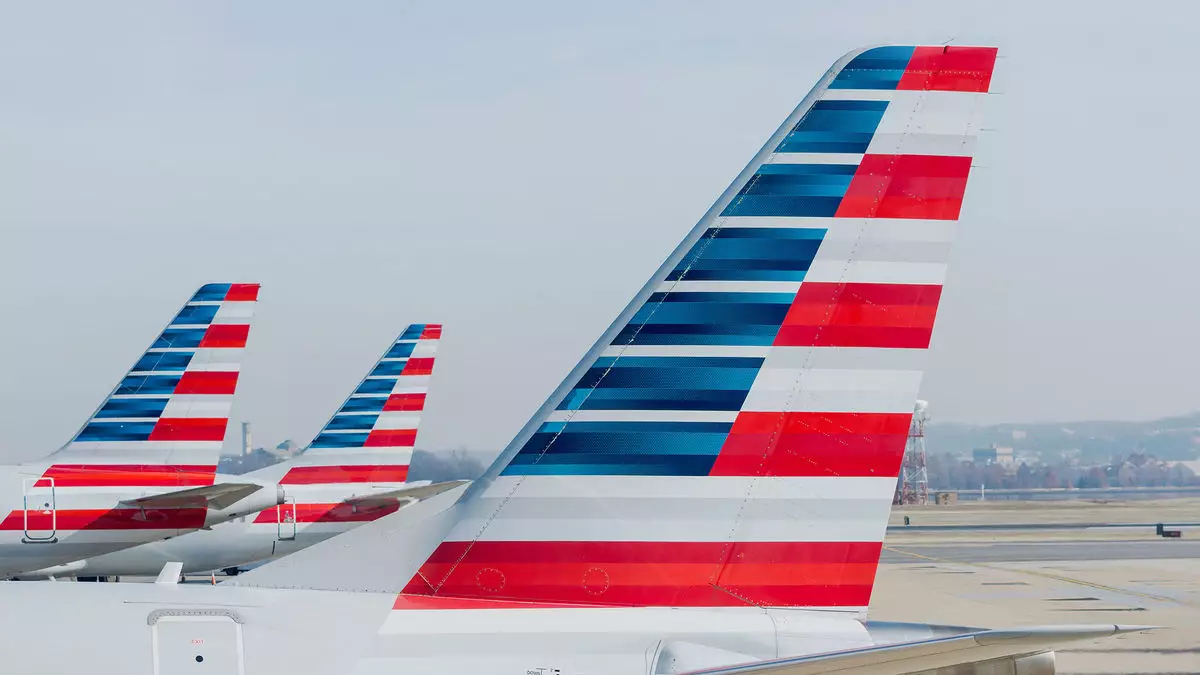In a significant antitrust ruling, a federal appeals court recently confirmed the breakup of the Northeast Alliance between American Airlines and JetBlue. This alliance, established to jointly schedule flights and share revenue primarily in Boston and the New York metropolitan area, drew attention for its unorthodox structure that mimicked international airline partnerships. While American Airlines sought to maintain the alliance, arguing that it introduced beneficial competition, JetBlue opted not to appeal the decision, channelling its focus toward its failed merger attempt with Spirit Airlines.
The Northeast Alliance enabled American Airlines and JetBlue to coordinate their flight schedules and revenue-sharing arrangements, an operational model that diverged from standard domestic partnerships. Nevertheless, without the antitrust immunity granted to other major international ventures, such as the partnership between American and British Airways, the Northeast Alliance was vulnerable. Its intricate nature ultimately drew scrutiny from regulators who believed it compromised competition in key travel markets.
The legal challenge to the Northeast Alliance was spearheaded by the Justice Department, along with several states and the District of Columbia, claiming that the arrangement unfairly diminished competition by merging two significant competitors in a concentrated market. The trial court’s ruling, presided over by Judge Leo Sorokin, deemed the partnership a violation of antitrust laws, particularly the Sherman Act of 1890, which is designed to maintain healthy market competition.
Critics of the Alliance, including federal regulators, argued that it allowed two large airlines to effectively collude in a space already dominated by major players. Judge Sorokin’s extensive examination during the month-long hearing revealed key findings that cast doubt on American’s claims relating to consumer benefits. American Airlines contended that the alliance enhanced competitive options against industry leaders like Delta and United Airlines. However, the appellate court found insufficient evidence in this regard, upholding Sorokin’s original conclusion that the Northeast Alliance posed a threat to market competition.
The First Circuit of Appeals, based in Boston, sided firmly with the arguments presented by the Justice Department. In its ruling, the appellate court noted that American Airlines failed to demonstrate any legal missteps in Sorokin’s findings. Circuit Judge William Kayatta specifically pointed out the fundamental characteristics of the Alliance, which resembled an arrangement whereby two leading competitors were sharing revenues and controlling market segments, rather than engaging in healthy competition.
The court also emphasized the importance of the rule of reason, which is a legal standard used to assess whether a business practice is anti-competitive. This principle suggests that not all agreements between competitors are inherently illegal; however, the unique circumstances surrounding the Northeast Alliance led the court to conclude that it violated antitrust principles. The lack of transparency and the failure to prove consumer benefits created an irredeemable black mark against the partnership.
Following the appellate court’s decision, U.S. Attorney General Merrick Garland recognized the ruling as a significant triumph for consumer rights. He reiterated the necessity for the airline industry, like all sectors of the economy, to adhere to antitrust regulations. The message is clear: Any attempts at anti-competitive behavior, regardless of the industry, will be met with scrutiny and legal challenges.
As American Airlines considers its next steps after the ruling—whether to pursue further legal options or pivot its strategy—the fallout from this case sends a resounding message to the airline industry. The boundaries of acceptable partnerships are clearly delineated, reinforcing the principle that competition must be preserved to ensure fair prices and consumer choice.
In this evolving landscape, it remains to be seen how airlines will adapt to these regulatory frameworks while working to maintain operational efficiency, customer satisfaction, and competitive advantage. The commitment to adhere to antitrust laws will play a critical role in shaping the future dynamics of airline alliances and partnerships.


Leave a Reply